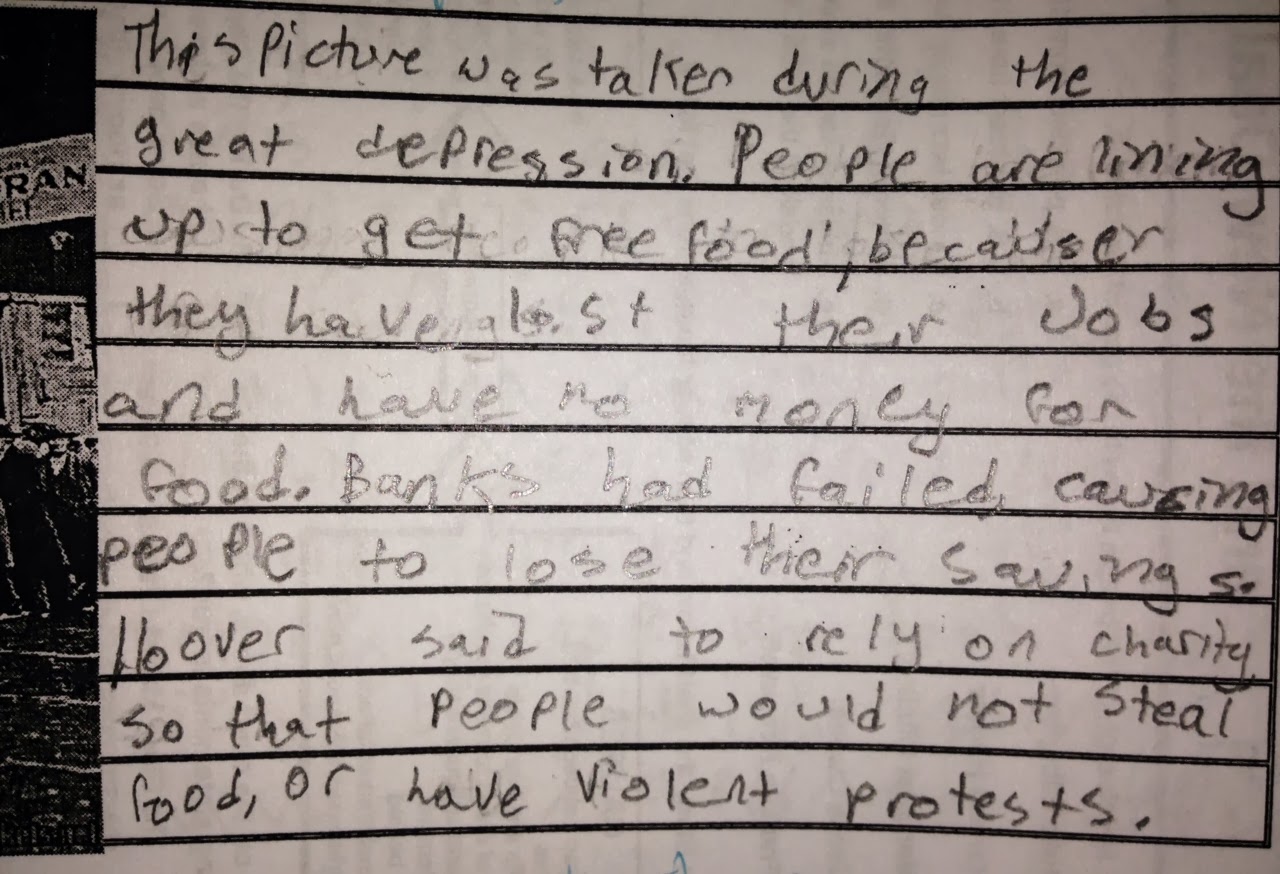This term our Unit of Inquiry is titled: How we Express Ourselves and our Central Idea is: Various modes of communication can be used to interpret
meaning in different situations. In addition to working in their Specials classes (Spanish, P.E., and Music) on the UOI, students have been examining the Social Studies content through all of this term's three focus lenses: form, reflection, perspective and connection.
Within ELA, students used evidence to support their written opinions and continued to reflect through our discussions of Gathering Blue. In our efforts to do close reads and truly understand texts, we have uncovered multiple meanings, understood character motivations, and thoughtfully examined the way dialects enhance dialogue.
Please see below for evidence of some of our work. I strongly encourage that students and parents continue to have conversations at home about what we learned in class and how those understandings apply to our everyday lives and to the larger world.
Reflection -- "There be no beasts."
The character Anabella, a woman with "four-syllable" wisdom, tells Kira that "there be no beasts." Students discussed and analyzed if that was literal or if it meant something more than that.
Form -- Structure within poetry, books, and plays
Students learned about the different forms of poetry, plays, and books. They then had a scavenger hunt (using items in the room and online sources) to find poems, books, and plays that met certain formats.
Perspective -- How is information presented in various forms?
Students analyzed Great Depression era photographs and propaganda to identify the cause and effect displayed in each primary document.
Students analyzed Great Depression era photographs and propaganda to identify the cause and effect displayed in each primary document.







No comments:
Post a Comment